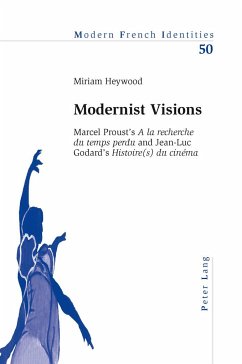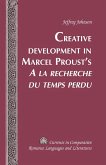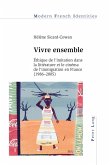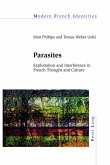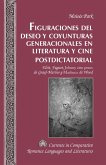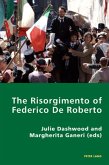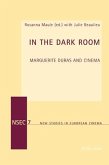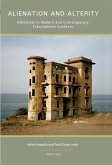This book explores the work of two major twentieth-century artists by placing them in critical proximity. Marcel Proust's A la recherche du temps perdu and Jean-Luc Godard's Histoire(s) du cinéma connect in ways that the author accounts for through the agency of cinema and its theorisation. Cinema, the art form that characterises the twentieth century, provides the tools with which to recognise Proust's and Godard's shared poetic enterprise and the modernist underpinning that leads, in both cases, to the simultaneous rejection of and yearning for artistic transcendence. Rather than bringing Proust and Godard together by highlighting their similarity to cinema, the author instead considers the ways that these two major works respond to questions raised by film theory and philosophy. In this way, the communication across the formal and historical gulf that divides Proust and Godard makes itself heard.
This study offers a new approach to film-philosophy scholarship by embracing the cinematic as an inspiring channel through which to rethink not only our relationship with film but also with literature and, potentially, with art at large.
This study offers a new approach to film-philosophy scholarship by embracing the cinematic as an inspiring channel through which to rethink not only our relationship with film but also with literature and, potentially, with art at large.

